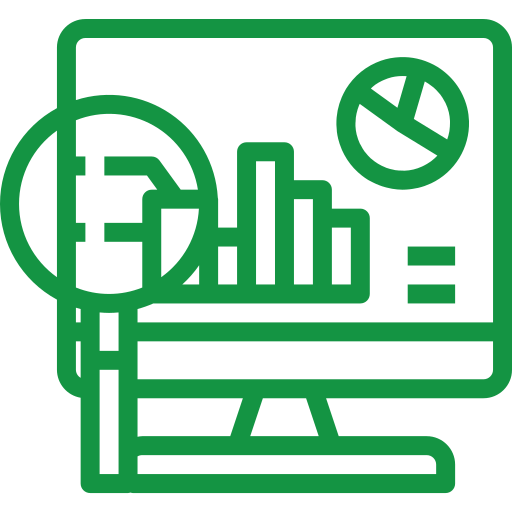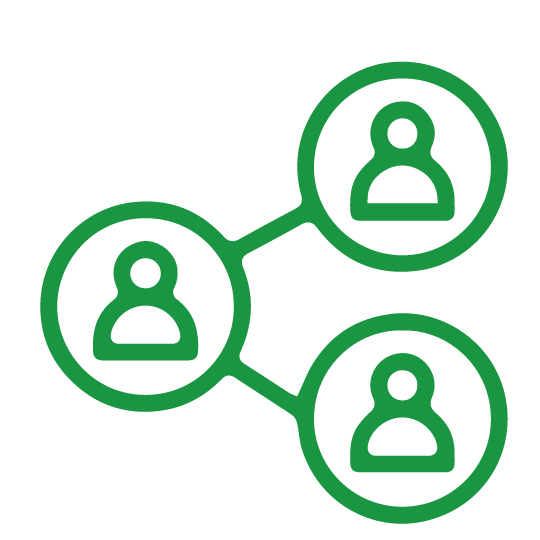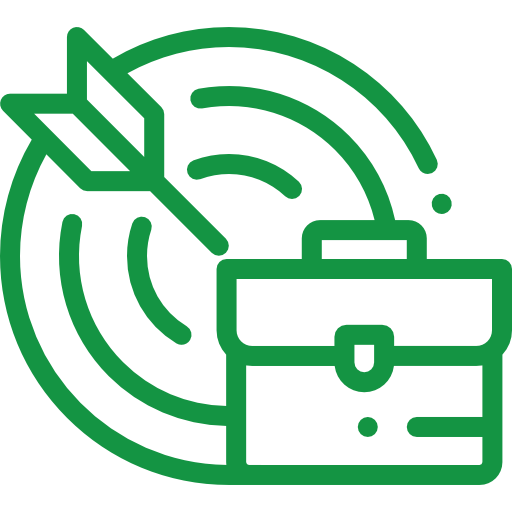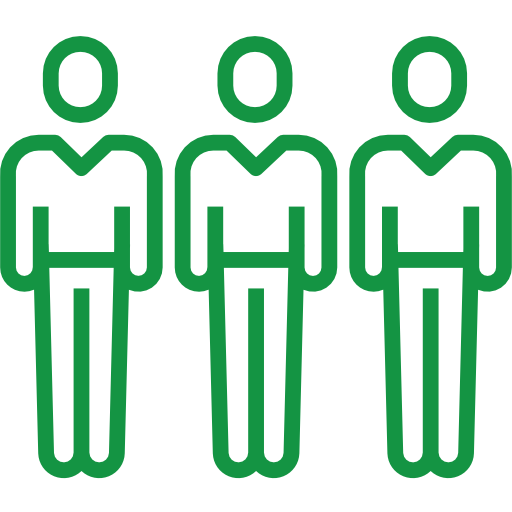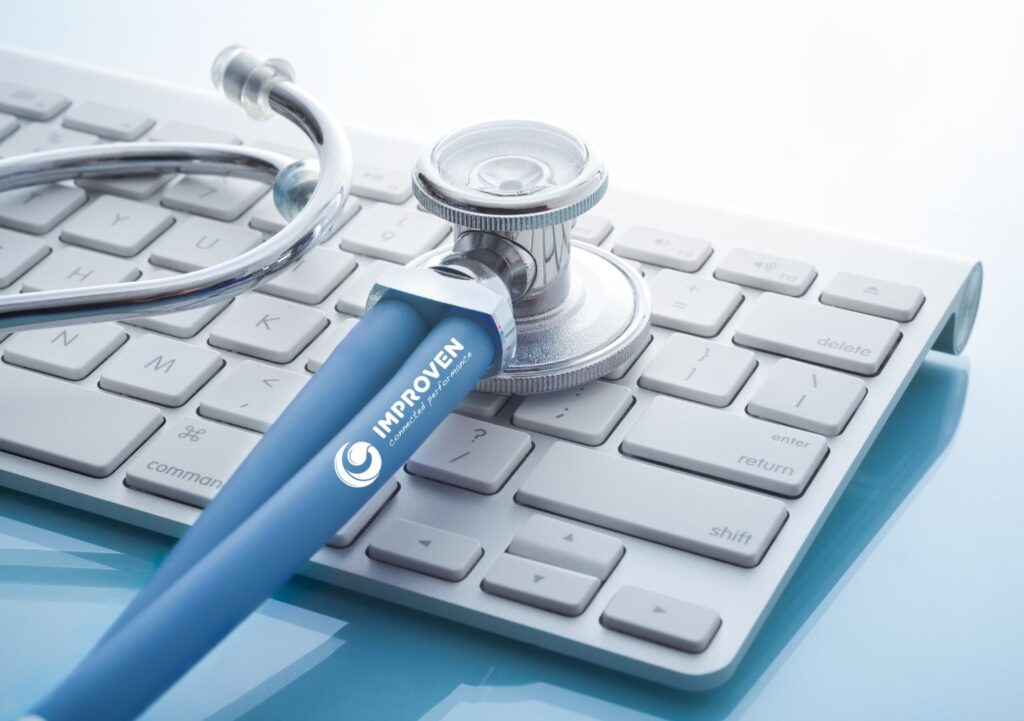At a time when digital healthcare applications and electronic patient records are the norm, data security in the healthcare sector is more important than ever. Healthcare facilities process large amounts of sensitive personal data, such as medical records, treatment plans and lab results, on a daily basis. Protecting this information is not only a legal obligation, but also essential for patient trust and continuity of care.
Why is the healthcare sector particularly vulnerable?
For years, the healthcare sector has led the way in the number of data breach notifications to the Personal Data Authority (AP). As many as 6,873 notifications were made from the Health & Wellness sector in 2024.
The healthcare sector processes large amounts of highly sensitive personal data every day - from medical records to treatment plans. It is precisely this valuable data that makes the sector an attractive target for cybercriminals. At the same time, healthcare professionals work under high pressure, in complex chains and with systems that are not always optimally set up. Data leaks therefore often occur due to human actions in an unclear or overloaded working environment, not to unwillingness.
Legislation and regulations: NEN 7510, AVG and NIS2
To ensure data security, various standards and laws are in place:
- NEN 7510: The Dutch standard for information security in healthcare. It provides a framework for drawing up policies and implementing measures appropriate to the organisation's risks.
- AVG (General Data Protection Regulation): Requires organisations to adequately secure personal data. This includes making a risk analysis, taking appropriate technical and organisational measures, and regularly testing the effectiveness of these measures.
- NIS2 Directive/Cybersecurity Act: This European directive, implemented in the Netherlands as the Cyber Security Act, requires healthcare organisations to increase their digital resilience. The government advises to start working on this now, so that organisations are prepared for future obligations.
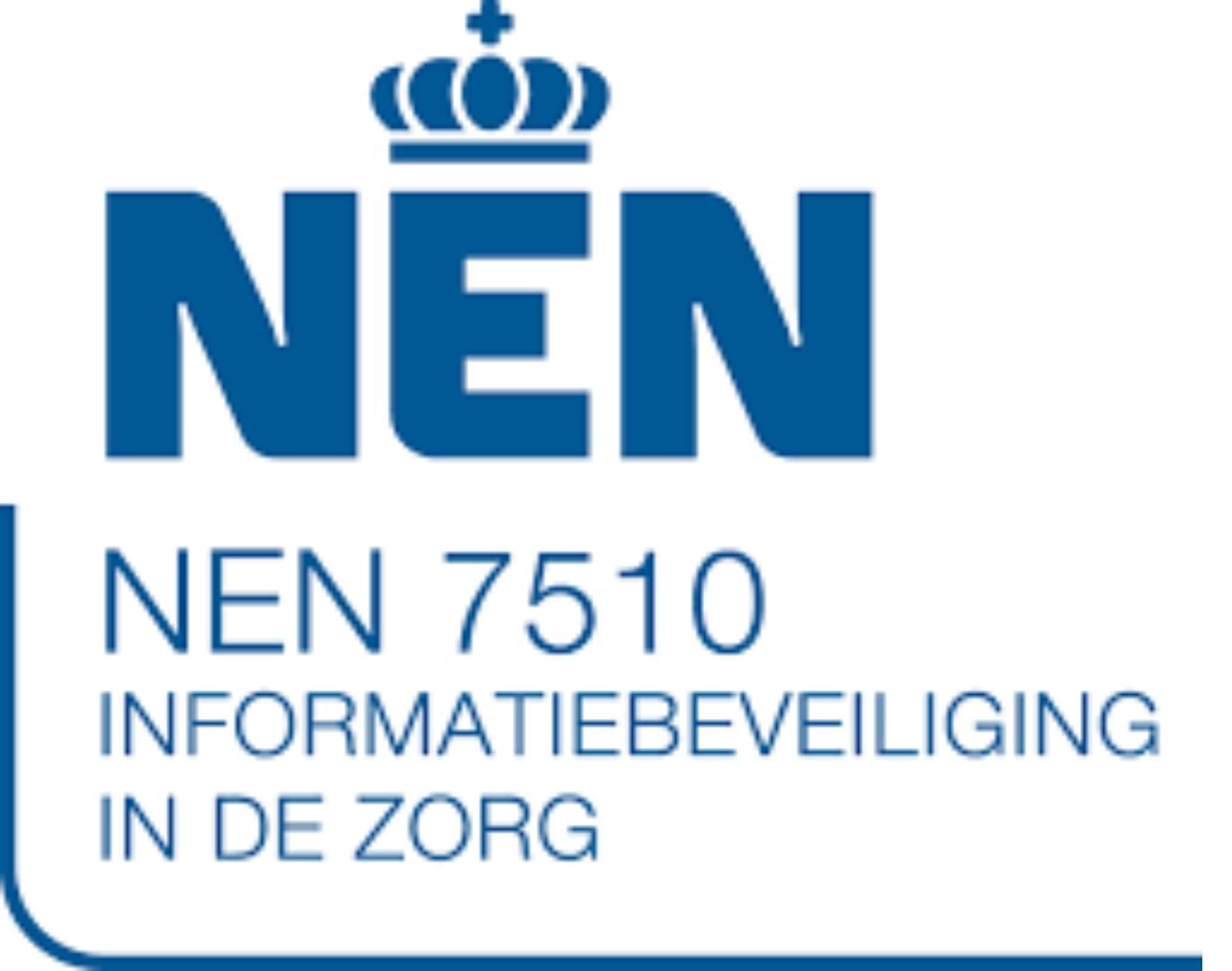

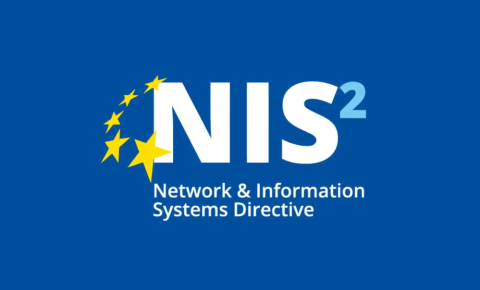
Practical steps for healthcare institutions
Data security is about more than just technology. The real key to an information-secure healthcare organisation is the people who work there. Healthcare professionals have daily access to privacy-sensitive information, such as patient records and medical data. Their involvement and actions are crucial - which requires an environment in which they are well supported.
But how do you make sure employees are aware of their role in data security?
A first step is to understand the times when employees deal with information security. Consider, for example, the use of strong passwords when logging into systems, or physical situations where files are unintentionally left unattended. By recognising these situations, you can take targeted measures and raise awareness.
There are already many simple actions you can take yourself. Ask yourself the question: During which work activities do my employees come into contact with confidential information? By answering this question, you lay the foundation for targeted training, clear protocols and a culture where data security is taken for granted.It requires an integrated approach:
- Privacy awareness: Regular training and e-learning modules help employees recognise risks and act correctly.
- Technical measures: Consider encryption, access management, and keeping systems up-to-date.
- Process optimisation: Reduce manual operations and ensure clear protocols when processing and sending data.
- Monitoring and evaluation: Conduct regular audits and phishing simulations to test the effectiveness of measures.
Conclusion
Data security is not a one-off project, but a continuous process that grows with technological and organisational developments. By investing in awareness, technology and policy, healthcare institutions can not only comply with legislation, but also maintain patient trust and ensure quality of care.
Do you want to get started with data security as a healthcare institution? Contact our consultants for a risk analysis or a NEN 7510 pre-audit. Together, we ensure safe and future-proof care.







